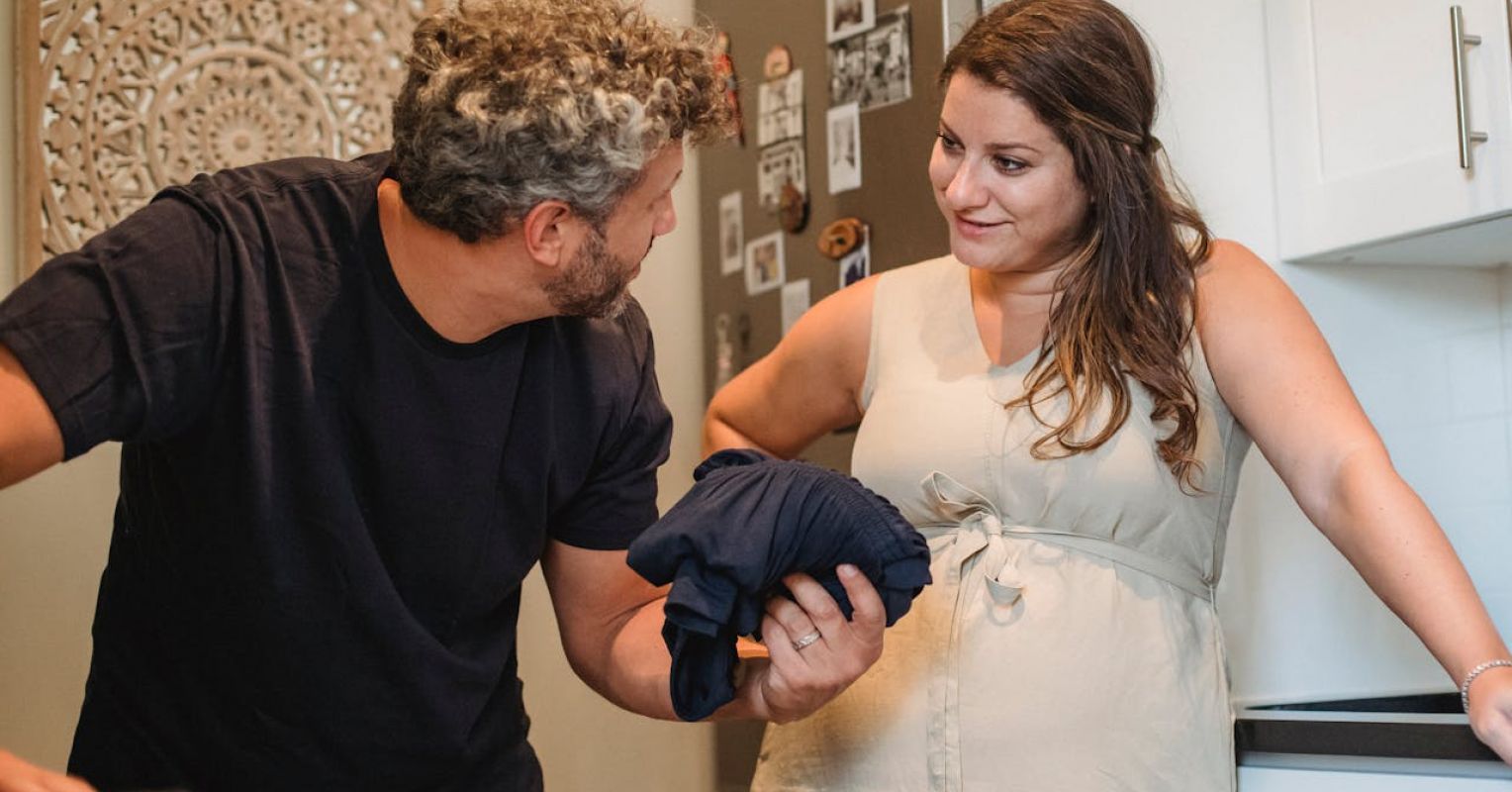
"If your family includes at least two people (adults or children) who know how to multiply, try this small experiment. Each person should solve 12 x 15 in their mind and pay attention to how they did it so they can describe their method. Don't use pencil and paper. This is intended to be mental math. Once everyone has had a go, share your methods with each other."
"When groups of people try this, some folks use 12 x 10 plus 12 x 5. Others use 10 x 15 plus 2 x 15. In fact, there are at least seven common methods. The idea behind this exercise is to see that there are many valid ways to solve problems. We all use different shortcuts. It is tempting to think everyone should use the same "best" method to reach a goal. This simple experiment shows how our different mental highways can create a stronger group."
Families can cultivate a culture of excellence where self-discipline and ambition arise naturally without creating a pressure-filled environment. Encourage recognition of multiple valid problem-solving methods to show that diverse approaches strengthen the group. Model active learning, demonstrate struggling and perseverance, and normalize the process of grappling with challenges to foster empathy. Notice and name strengths individuals take for granted so talents are affirmed and leveraged. Create opportunities for intellectual sparring to refine critical thinking while keeping competition constructive. Apply flexible principles tailored to varied personal strengths so growth and contribution flourish across family members.
Read at Psychology Today
Unable to calculate read time
Collection
[
|
...
]